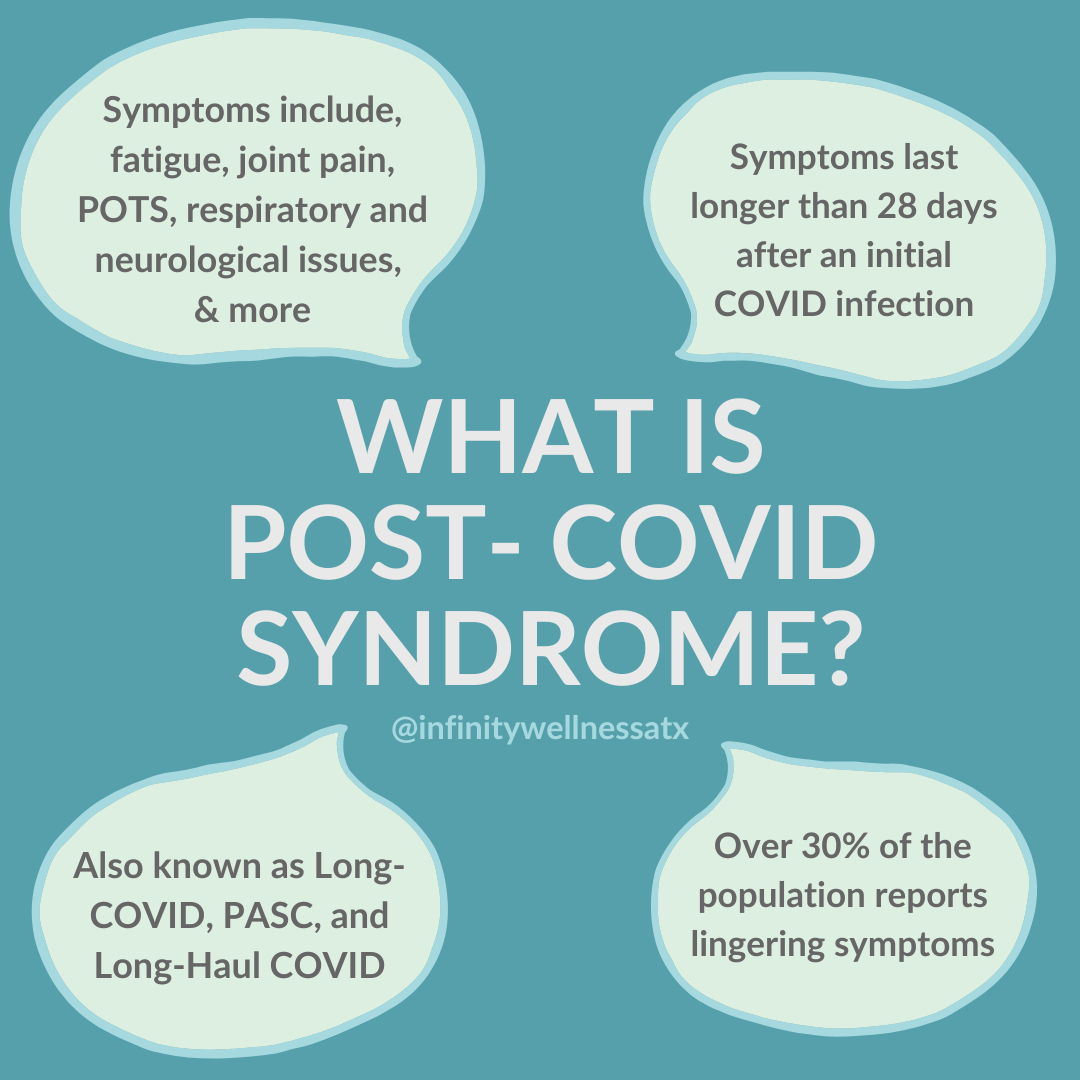Navigating MCAS: A Comprehensive Look at Immune System Health
Mast Cell Activation Syndrome (MCAS) is a complex condition that affects the immune system. It involves the overactivation of mast cells, leading to the release of various chemicals that can cause a wide array of symptoms. This condition can impact multiple organs and systems in the body, making it difficult to pinpoint and manage.
A healthy immune system is crucial for overall well-being and can help reduce the severity of MCAS symptoms. When mast cells become hyperactive, they can trigger excessive inflammation and allergic responses. Understanding the relationship between your immune system and MCAS can help you develop strategies to manage the condition more effectively.
Functional medicine focuses on identifying the root causes of health issues, including MCAS. Through a holistic approach, it aims to support your immune system and improve your quality of life. Recognizing common and lesser-known symptoms of MCAS, along with adopting supportive strategies, can make a significant difference in managing this condition. With the right knowledge and care, you can take control of your health and work towards long-term wellness.
Understanding Mast Cell Activation Syndrome (MCAS) and the Immune System
MCAS occurs when mast cells release too many chemicals, leading to widespread symptoms. Mast cells are part of your immune system and play a key role in defending the body against pathogens. When mast cells become overactive, they can cause chronic inflammation and allergic reactions.
The connection between MCAS and the immune system is significant. An overactive immune response can lead to the body attacking its own cells. This reaction can cause symptoms ranging from mild to severe, affecting various organ systems like the skin, gastrointestinal tract, and respiratory system.
A well-functioning immune system is essential for managing MCAS effectively. Keeping the immune system balanced helps reduce the frequency and severity of symptoms. Recognizing the relationship between mast cells and the immune system is the first step in taking control of MCAS and improving your health.
Common and Lesser-Known Symptoms of MCAS
MCAS can manifest in various ways, making it difficult to diagnose. Common symptoms include skin reactions such as hives, itching, and swelling. Gastrointestinal issues like nausea, vomiting, and diarrhea are also frequent in MCAS patients.
However, there are also lesser-known symptoms that may not immediately be linked to MCAS. Here are a few to watch for:
- Neurological Issues: Some individuals report headaches, brain fog, and even memory problems. These symptoms can interfere with daily activities and overall well-being.
- Cardiovascular Symptoms: Rapid heart rate, low blood pressure, or chest pain can occur. These symptoms often mimic other heart conditions and can be alarming.
- Respiratory Problems: Shortness of breath, wheezing, and nasal congestion are less commonly associated with MCAS but can be significant markers.
- Musculoskeletal Pain: Joint pain, muscle cramps, and general aches can be part of MCAS. These symptoms are often mistaken for other chronic conditions.
By being aware of both common and lesser-known symptoms, you can take a proactive approach in managing MCAS. This knowledge helps in developing a comprehensive treatment plan that addresses all aspects of the condition.
Strategies to Support Immune System Health in MCAS
Supporting your immune system is vital when managing MCAS. Here are several strategies to help boost your immune health:
- Nutrition: Eat a balanced diet rich in anti-inflammatory foods like fruits, vegetables, and lean proteins. Avoid processed foods and those that trigger your MCAS symptoms.
- Hydration: Drink plenty of water to keep your body hydrated. Proper hydration helps your body function more efficiently and supports immune health.
- Stress Management: Chronic stress can worsen MCAS symptoms. Practice stress-reducing techniques like meditation, deep breathing exercises, or yoga. These activities can help calm your immune system.
- Sleep: Ensure you get enough restful sleep each night. Sleep is when your body repairs itself and strengthens the immune system. Aim for 7-9 hours of quality sleep.
- Physical Activity: Regular exercise can improve your immune system. Engage in moderate activities like walking, swimming, or cycling. Avoid overexerting yourself, as that can trigger MCAS symptoms.
- Supplements: Use bioidentical hormones, herbs, supplements, vitamins, and minerals as recommended by your functional medicine doctor to support your immune system.
These strategies help in maintaining a balanced immune system, making it easier to manage MCAS symptoms and improve overall well-being.
Functional Medicine Approaches to Managing MCAS and Boosting Immunity
Functional medicine takes a holistic approach to managing MCAS and boosting immunity. Here are some effective approaches:
- Personalized Treatment Plans: Work with a functional medicine doctor to create a plan tailored to your needs. This plan should address the root causes of MCAS and include dietary, lifestyle, and supplement recommendations.
- Detoxification: Reduce your body's toxin load by avoiding environmental toxins, allergens, and mold. Use air purifiers and choose natural, chemical-free products.
- Gut Health: The gut plays a critical role in immune health. Support gut health by consuming probiotics and prebiotics. A healthy gut can help regulate mast cell activity and reduce MCAS symptoms.
- Bioidentical Hormones and Herbal Remedies: Utilize bioidentical hormones and herbal remedies to manage symptoms and support overall health. These natural treatments can help balance your body's systems without the side effects of drugs.
- Ongoing Monitoring: Regular check-ins with your functional medicine doctor allow for adjustments to your treatment plan. This ongoing support helps ensure that your approach remains effective and aligned with your health goals.
Functional medicine focuses on the root cause, providing comprehensive care that supports immune health and manages MCAS effectively. It is important to find a functional medicine doctor who focuses on finding and fixing the core root cause of these symptoms to help you heal.
Conclusion
MCAS can be a challenging condition to manage, but understanding its connection to the immune system is key. Recognizing both common and lesser-known symptoms helps in early identification and effective management. By supporting your immune system through balanced nutrition, proper hydration, stress management, sleep, and physical activity, you can better manage MCAS symptoms. Functional medicine offers a holistic approach, emphasizing personalized treatment plans, detoxification, gut health, and the use of bioidentical hormones and herbal remedies.
At Infinity Wellness, located in Waxahachie, TX, we specialize in holistic, root-cause care tailored to your unique health journey. Serving both local and nationwide patients through in-person and virtual services, we offer comprehensive programs to address conditions such as hormonal imbalances, chronic fatigue, and digestive issues. Our goal is to help you achieve long-term wellness and vitality. Ready to transform your health? Book an appointment here - Our Holistic Approach to Wellness - Infinity Wellness Telehealth.



